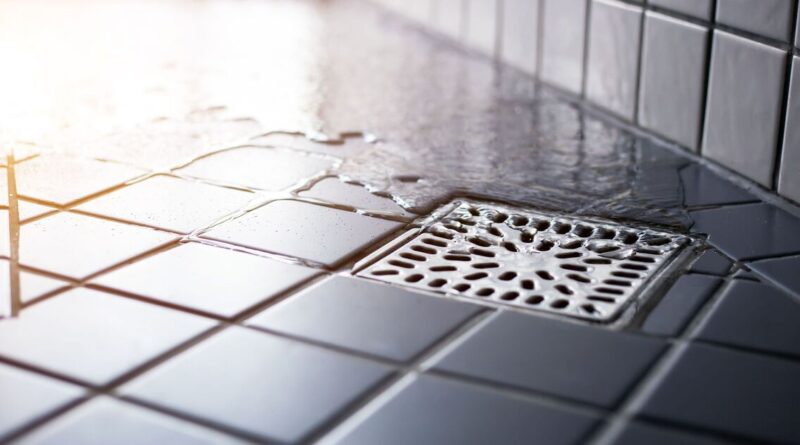Plumber’s ‘easy’ method to unblock drains without vinegar or baking soda
Homeowners struggling with slow-draining sinks or outdoor drains clogged by grease and fat may find relief with a surprisingly simple method touted by plumbing professionals.
Unlike common DIY remedies involving vinegar and baking soda, which often fall short against stubborn grease blockages, this technique relies on soda crystals or caustic soda, substances known for their powerful degreasing capabilities. Plumbing experts say this method is particularly effective when the drain isn’t completely blocked and still drains slowly.
Before attempting the treatment, it’s crucial to ensure the drain is free of standing water.
Waiting for the water level to drop completely, or speeding up the process by bailing out water with a container, will greatly improve the results.
Homeowners are also advised to limit water usage on connected outlets for a few hours to prevent the water level from rising again before treatment.
Once the drain is mostly empty, simply pour about half a cup of soda crystals directly into the opening, followed by a kettle of boiling water.
The combination helps to dissolve and dislodge fatty build-up, restoring the flow of water through the pipes.
For tougher blockages, caustic soda, may be used as a stronger alternative, but with serious precautions.
Caustic soda, or sodium hydroxide, is a highly corrosive substance that can cause severe chemical burns if it comes into contact with skin or eyes.
Protective gloves, eyewear, and appropriate clothing are strongly recommended.
In the event of accidental exposure, affected areas should be flushed immediately with clean water for at least 15 minutes.
Emergency medical attention should be sought if irritation persists. This method has been highlighted in Wolseley UK’s “Talking Trade” blog, which offers guidance to both professional tradespeople and DIY enthusiasts.
While soda crystals are safe for most domestic use, the blog cautions that this method may not be as effective for blockages caused by hair, debris, or non-organic materials.
For persistent or recurring blockages, it’s best to consult a licensed plumber who can assess deeper issues within the drainage system.





